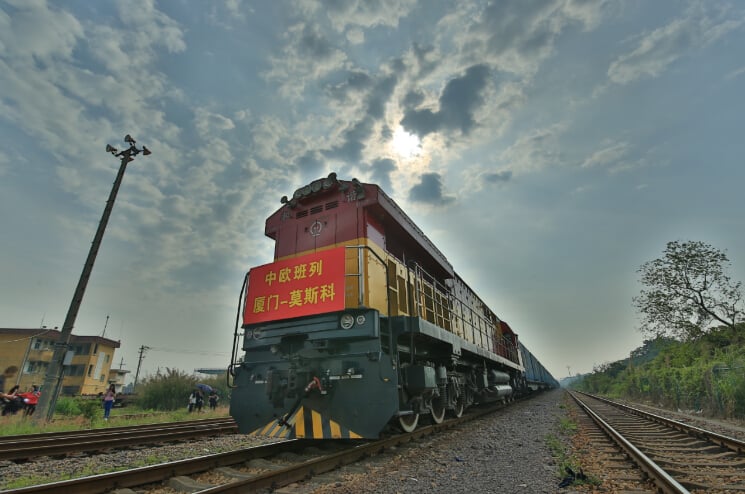
World trade narratives differ wildly depending on who you talk to. The nationalist economic bias phenomenon took center stage in 2016 from the election of Donald Trump to Brexit. While global trade is certainly not a tide that lifts all boats, on aggregate, it benefits the global economy from business development to increasing living standards and buying power. As trade deals such as NAFTA fall under threat in the western hemisphere, the sentiment in the east is going in the other direction.
China President Xi Jinping, elected in November of 2012, entered his role with an ambitious view for China. While the Chinese economy went from marginal to the global leader in trade in just 40 years, its political position was primarily quiet. Now China’s participation is paramount to global peace and development.
One Belt One Road Initiative
Xi Jinping’s ambition to advance China’s economy even further manifests itself in the massive investments the country is making in shipping infrastructure through the One Belt One Road Initiative. It seeks to modernize the ancient trade routes of the Silk Road that once facilitated trading in the east centuries ago. These investments range from port complexes, roadways and rail systems. According to Carrie Gracie of the BBC, critics from India, Japan and Central Asia see the One Belt One Road Initiative as more than just economic development, but also geopolitical posturing to further strengthen military capabilities and influence in the region.
Vessel Financing
In 2017, China poured over $20 billion into ship financing alone. The country seeks to assume the position of the world maritime leader. Currently, it already controls 40% of the world’s shipbuilding capacity. As China’s bullish efforts continue, the Wall Street Journal reports that China is becoming a mainstream financier of the world’s vessel supply (both new and used).
European banks such as BNP Paribas still hold the majority of shipping portfolios. However, some of the heavy hitting European banks have withdrawn from the industry. This was primarily due to significant downturns in the industry from overcapacity post- recession. Shipping is a cyclical industry and experts predict China will inevitably have some defaults.
Current positions on trade are imminently reflected through investment in infrastructure and industry financing. While certain economic powers seem to be pulling away from trade and closing doors, others are working tirelessly to pry them open. This year will be an interesting one for trade economics and supply chain strategy as changes in trade policy and infrastructure development will present different advantages for sourcing and logistics.
Stay up-to-date with the latest commentary and insights on FreightTech and the impact to the markets by subscribing.
